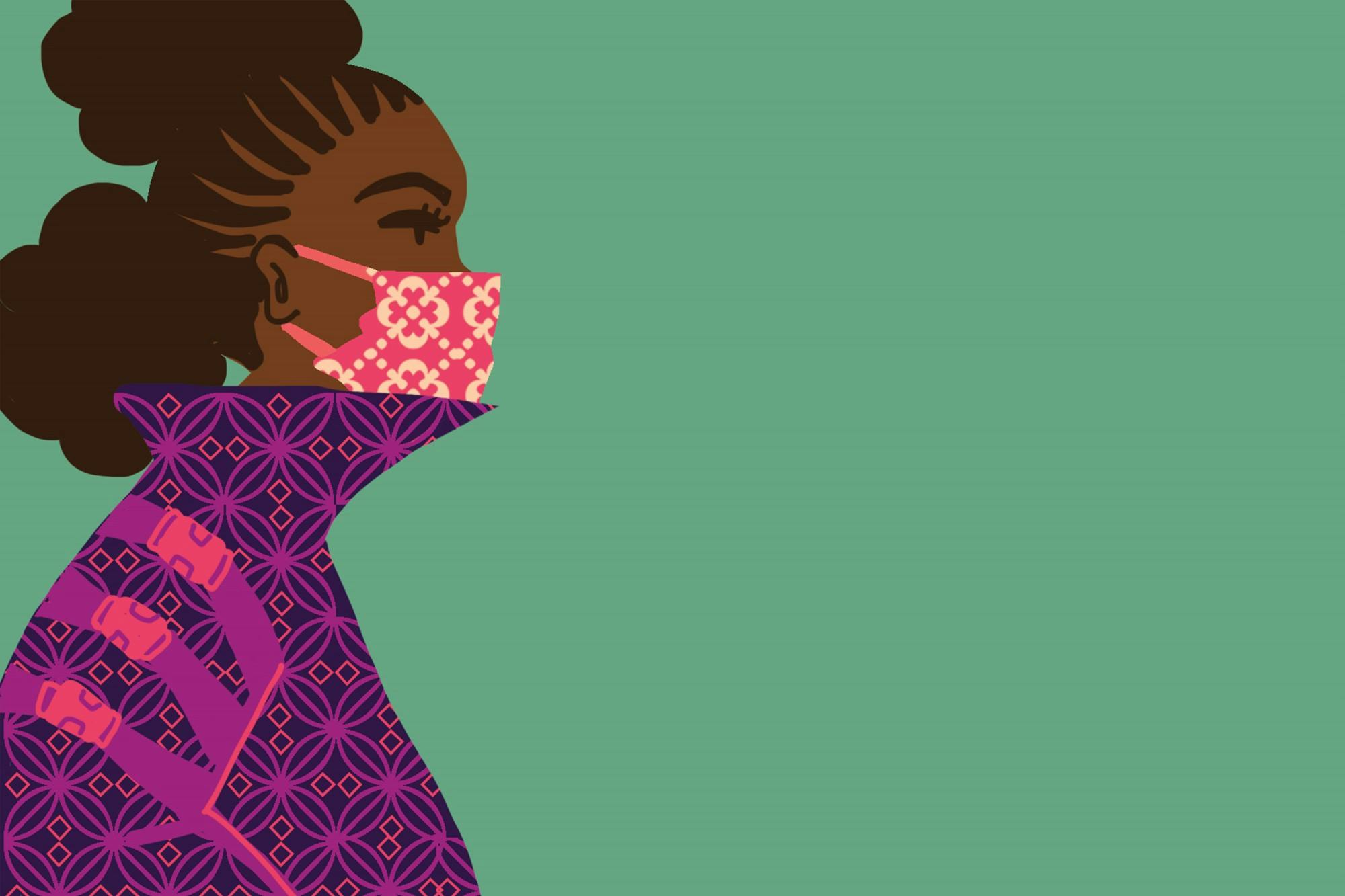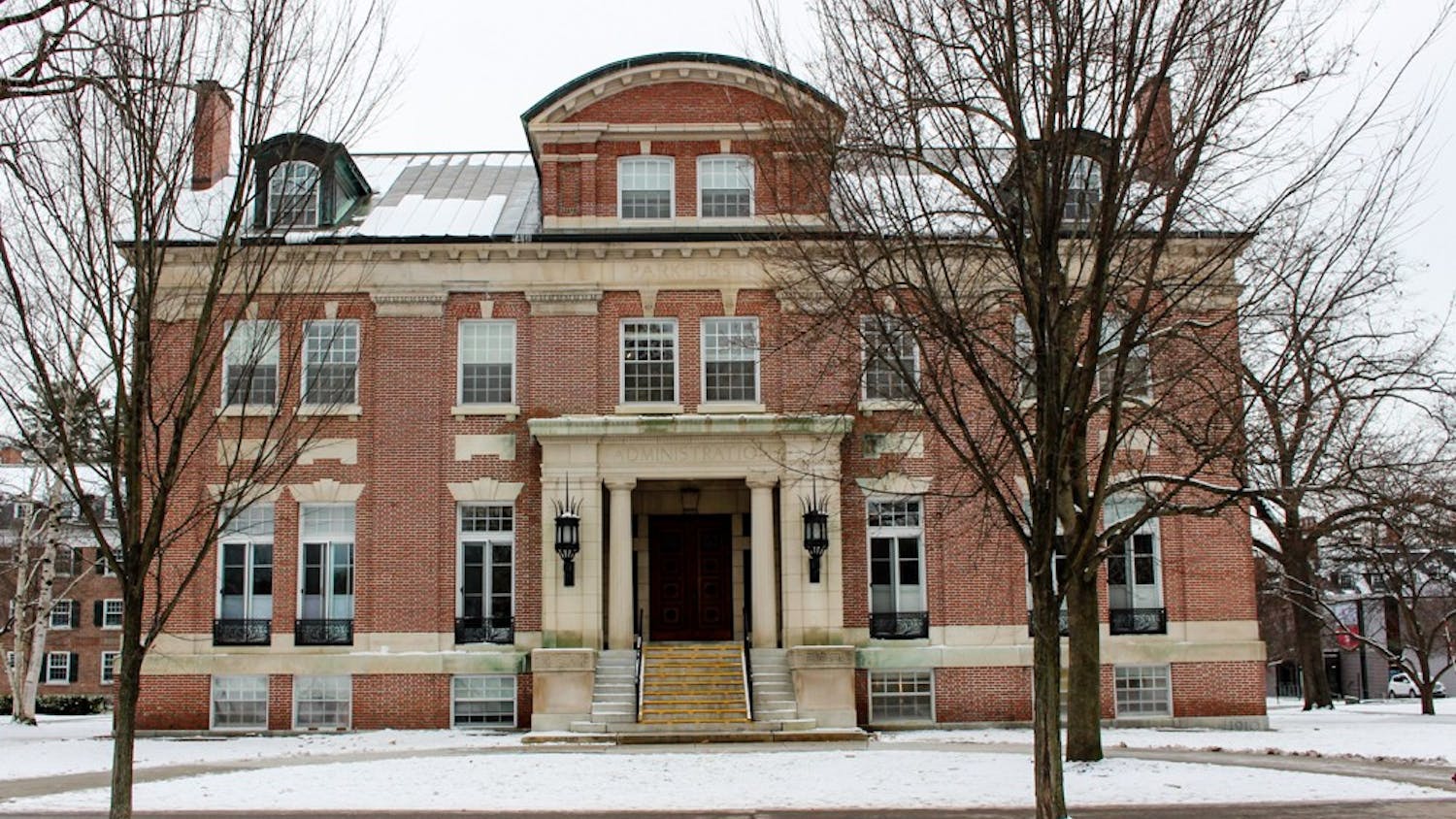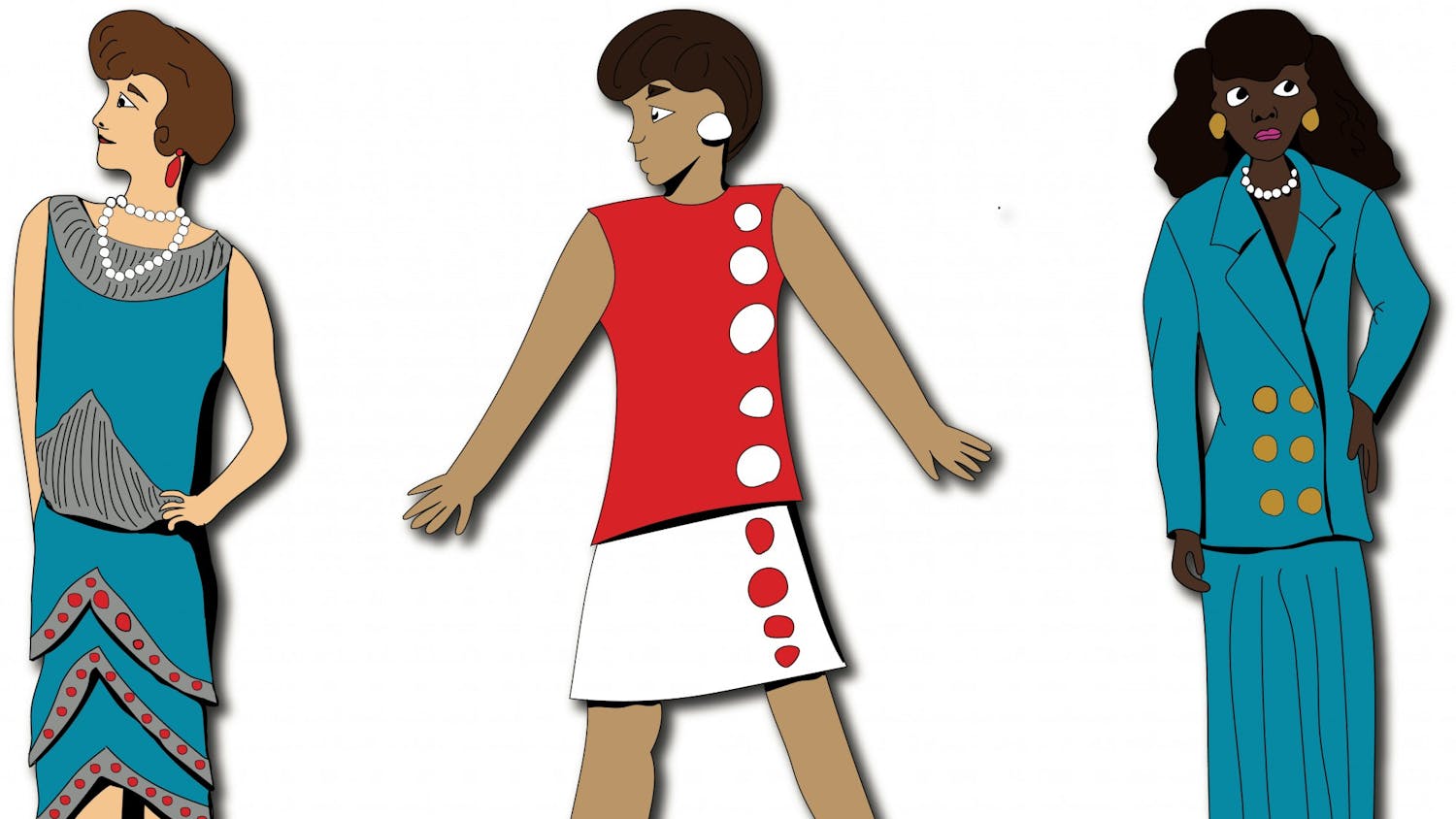What do pearls, fake Gucci, Baby Yoda, Billie Eilish and Donald Trump all have in common?
They’re all plastered across face masks, which — as more states mandate their usage — we can only assume are here to stay.
Since April, the Centers for Disease Control and Prevention has recommended that people across the U.S. wear face coverings in public. These guidelines have prompted mixed responses from Americans. While some are turning masks into outlets for self-expression, others worry about the social and political ramifications of wearing these face coverings.
According to the latest Lyst Index — a quarterly ranking that gauges consumer demand by analyzing the behavior of millions of shoppers — searches for face masks have surged by 496 percent in the last quarter. For those who don’t need highly-protective medical masks, fashion companies offer many appealing options.
Since COVID-19 lockdowns have led to declining sales and the shuttering of brick and mortar shops, making masks has become a way for brands to stay alive, and businesses who can afford to often funnel proceeds and products to people in need. Vogue has a list of “Masks to Shop Now,” and the Lyst Index found that a mask by the streetwear brand Off-White was the “most coveted buy” at the end of April.
Brands are still figuring out how to strike a balance between profiting off the coronavirus crisis and creating products that help those who need them. In the meantime, some new products are eliciting amused reactions from people online.
After Louis Vuitton, Gucci and Brooks Brothers announced plans to repurpose infrastructure to produce personal protective equipment, people cracked jokes on social media about masks with Gucci labels sewn in. A vintage Louis Vuitton fashion show in which models sported lace surgical masks has likewise prompted a recent flurry of memes.
Although some people make light of high-fashion face masks, Italian professor Graziella Parati, who teaches COLT 42.01, “Prada, Chanel, Ferrari: History and Literature,” explained that fashion trends often emerge from utility items. Face masks, jeans, running shoes and sunglasses were all forged out of necessity.
“We are capitalizing on this emergency in order to produce an object that will sell on the market no matter what,” Parati said.
Parati also pointed out that many people are considering the environmental impact of the masks they buy. While disposable surgical masks generate a substantial amount of waste, reusable masks are more sustainable.
“You see big designer brands using leftover material in order to create masks … [and] using proceeds to raise the salaries of seamstresses and other people who are working to make these masks,” Parati said.
In addition, Parati noted that many businesses that are making masks have adopted a “buy one, give one” model, which allows them to donate proceeds to non-government organizations and hospitals who need extra help battling the pandemic.
With masks becoming vehicles of self-expression, what do they signify to the people wearing them?
Just as the governmental response to COVID-19 has taken a partisan divide, the mask has also become a political statement — not just a practical accessory. For mask wearers, the mask often signals solidarity, mutual obligation and civic duty. To those who view protective measures as an overreaction, the mask can symbolize restrictions on civil liberties.
Mask wearing poses additional concerns for people of different racial backgrounds. By expressing reluctance to wear one himself, President Donald Trump has added to the perception that masks are a personal choice — which leads mask wearers to fear standing out.
For Rehoboth Okorie ’23, quarantining in New York City has limited his interactions with the outside world. As a black man, however, Okorie said he would be wary of wearing a cloth or homemade mask if he was forced to venture out.
“I wouldn’t wear masks in a normal situation because there will definitely be people who treat you differently,” he said. “It’s a subtle thing, but there will be weird ways people act. People have the tendency to avoid you in public places.”
According to Time Magazine, police officers in multiple states have recently followed and even handcuffed black men who were wearing protective masks in public. Although Governor Andrew Cuomo (D-NY) has mandated face coverings for NYC residents, Okorie said that he still worries about racial profiling.
“It’s very institutional, and those [biases] take a long time to disappear,” Okorie said.
Liz Choi ’20 expressed similar concerns. Living in Maryland, Choi is required to don a mask anytime she goes outside. However, when flying home from Hanover, she didn’t feel as comfortable covering her face.
Amid growing anti-Asian sentiment and a rapid increase in hate crimes targeting Asian Americans — the Asian Pacific Policy and Planning Council has received more than 1,500 reports of coronavirus-related discrimination since mid-March — Choi said that she and her Asian-American friends feared wearing masks and drawing attention to themselves. They believed people might assume they had the virus simply because of their race.
“Even when I wear a mask now, I’m worried people can recognize my Asian features. That fear is still inside my head, even though it’s illegal for me not to wear a mask,” Choi said. “It’s ironic because while it is supposed to be safer to wear a mask, I’m even more worried about my safety in other aspects.”
From their origin as protective gear for patients and health care workers, face masks have become both trendy accessories and polarizing items. Whether you want to fit in or stand out, what you wear makes a personal and political statement to the world — even if your newest accessory is just a scrap of patterned cloth.
Face masks may be an unlikely fashion trend. But as Parati put it, “In this small context of mask making, there is a realization that nothing will return to exactly what it [was] before.”




